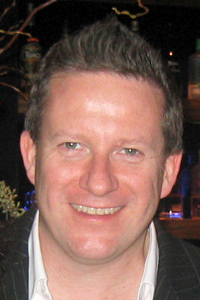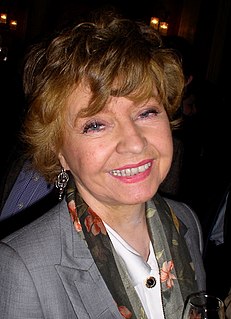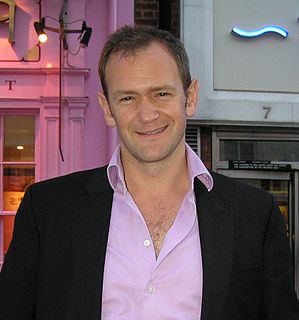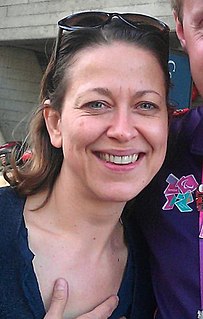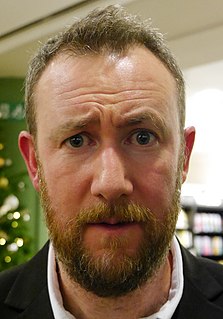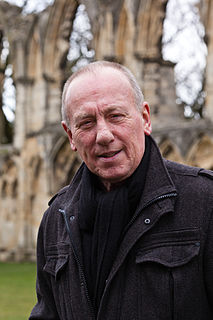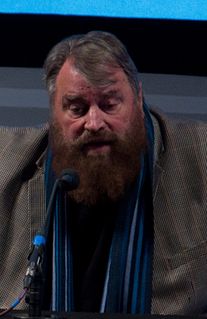A Quote by Lydia Leonard
Professionally, I was at Bristol Old Vic Theatre School and did lots of things there, and then I won the BBC Carlton Hobbs Award, so I did some BBC Radio drama work, which is a lovely way to start out because you work with lots of great people, and you're working all the time, so you're learning rather than sitting around and waitressing.
Related Quotes
I stayed a year in the sixth form and there was talk of Cambridge, but I wanted to go to drama school. At 17 and three months I went to the Old Vic School in London. This most remarkable and brilliant drama school lasted only six years because the Old Vic Theatre hadn't the money to go on funding it.
Once, BBC television had echoed BBC radio in being a haven for standard English pronunciation. Then regional accents came in: a democratic plus. Then slipshod usage came in: an egalitarian minus. By now slovenly grammar is even more rife on the BBC channels than on ITV. In this regard a decline can be clearly charted... If the BBC, once the guardian of the English language, has now become its most implacable enemy, let us at least be grateful when the massacre is carried out with style.
I found myself at Cambridge, loved my course, and met these amazing people who got me heavily involved. I presumed I would have to go to drama school, but I did a play with my uni friends, who were doing lots of pub theatre in London, and through that met my agent. She said 'Don't go to drama school. I'll get you a job' and two weeks later she did.
I had to leave school at 14 because my father got injured in the mines and I had to support my family. I was an undertakers assistant, then a plasterer, before doing my military service in the RAF. All the while, I was doing amateur dramatics and dreaming of getting a scholarship to the Bristol Old Vic Theatre School.
I had to leave school at 14 because my father got injured in the mines and I had to support my family. I was an undertaker's assistant, then a plasterer, before doing my military service in the RAF. All the while, I was doing amateur dramatics and dreaming of getting a scholarship to the Bristol Old Vic Theatre School.

